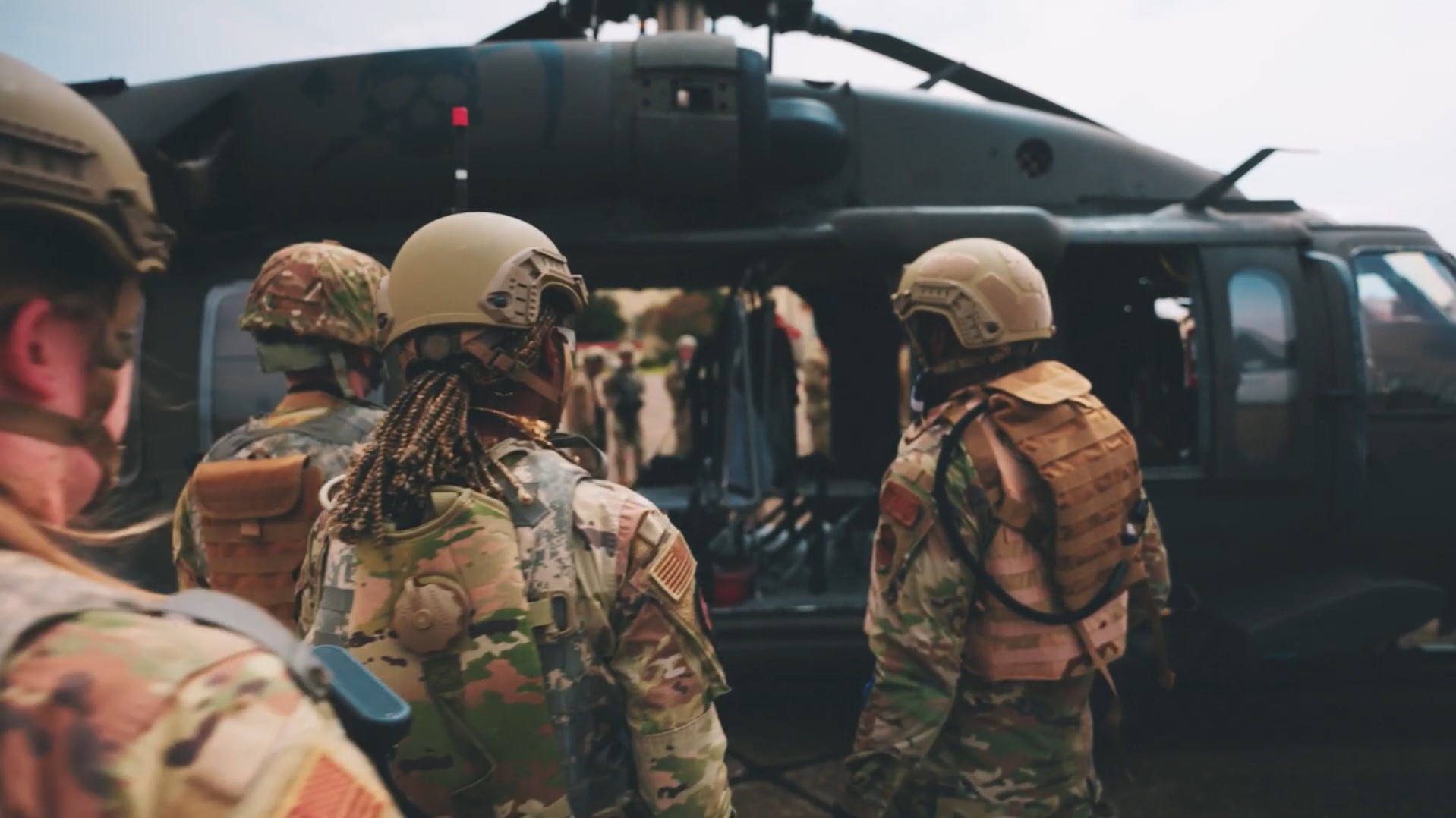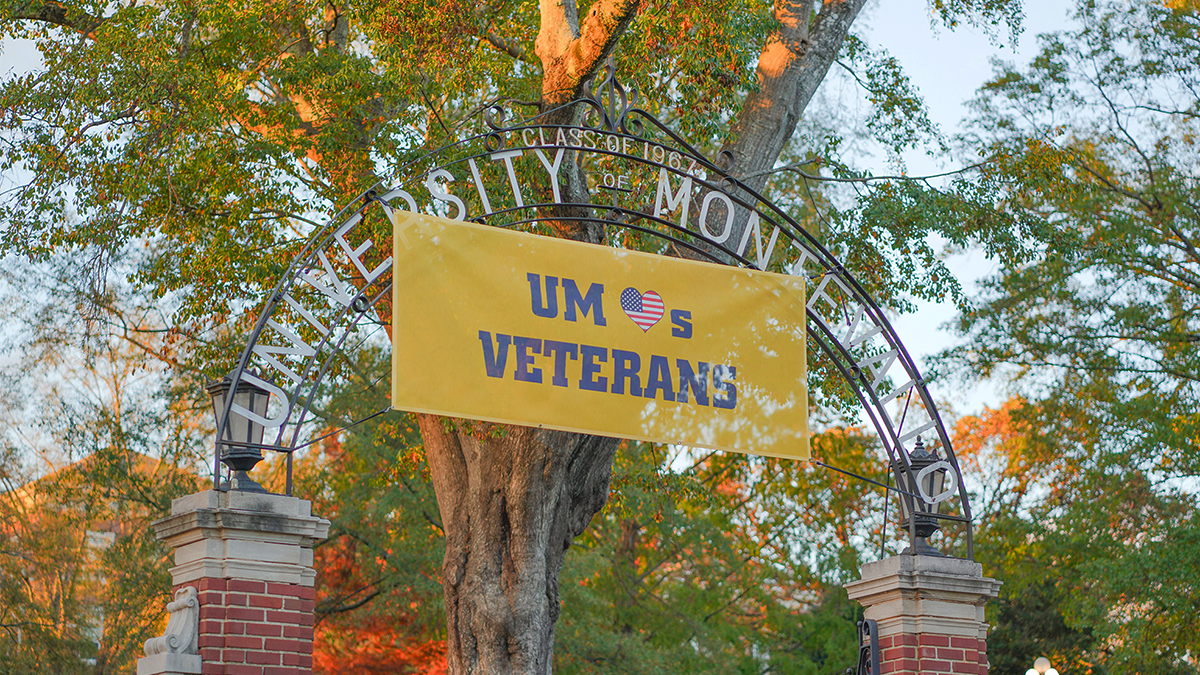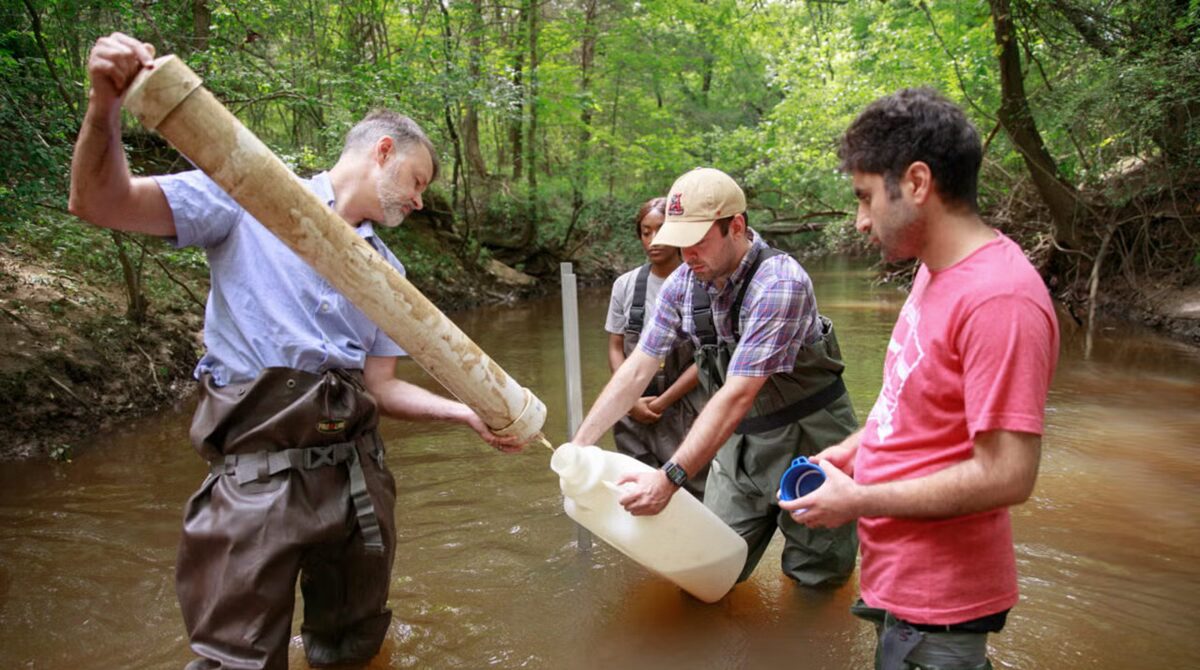Alabama Army National Guard experiences decade-high recruitment levels

Frankee Fuenes Rutihea, a new recruit for the Alabama Army National Guard, swears in during a ceremony at Military Entrance Processing Stations (MEPS). (U.S. Army National Guard photo by Staff Sgt. Jaccob Hearn)
While national headlines paint a grim picture of military recruitment, the story in Alabama is a welcome contrast.
Lt. Col. Steve Ingram, commander of the Alabama Army National Guard’s (ALARNG) 22nd Recruiting and Retention Battalion (RRB), believes fiscal 2024 could be another record-breaking year for ALARNG recruiting.
Ingram attributes a lot of the success to a dedicated effort of hiring high-quality recruiters.
“We look for the best and the brightest the organization has to offer, and every year they get better and better,” Ingram said.
“We have high-quality recruiters in our communities, they have extremely capable and engaged leadership, and they maximize the resources provided, which contributes greatly to their success.”
This methodology paid big dividends in fiscal 2023, when the organization saw 1,172 new enlistments – the highest since 2010, almost 300 more than the previous year, and in the top five of all 54 states and territories.
Ingram said he expects continued success in fiscal 2024, which is over 100 enlistments ahead of this time last year.
Paramount to success is the 22nd RRB employing eight recruiting teams around the clock. Each team is responsible for a different set of counties. While Team 6, based out of the Auburn/Opelika area, was the elite team in fiscal 2023, Team 3 in Jefferson and Shelby counties is having the most success so far this year.
Master Sgt. Daniel Ray Caldwell, the Recruiting and Retention section chief for Team 3, said being successful isn’t just about selling the Guard to potential recruits, but about building community. Each of Team 3’s recruiters serve around 3,000 people.
“I want my recruiters to think outside the box; there’s more than just setting up a table and talking to students at a high school,” Caldwell said. “We need to talk to the staff, the teachers, the parents, and create a community relationship. It’s a long process but persistence pays off.
“We routinely get calls from community leaders asking for event participation and even while the event may not be of great benefit to us as recruiters, it is important to go as members of the Guard and continue building community ties,” Caldwell said.
One recruiter for Team 3, Sgt. Dieynabou Diallo, says her success comes from treating potential recruits as future teammates and the future leaders they are going to be.
“It’s a responsibility I take very seriously,” Diallo said. “Our whole team does.” She said the recruits “may be young, but these are very adult decisions that will impact their lives. I give them all the information I can and provide my support, but I don’t pressure them because ultimately it is up to them.”
Ingram said Alabama is an outlier of success in the broader scope of military recruiting, but that the 22nd RRB recruiters still face the same challenges and struggles common across the nation. Finding interested young citizens who meet the stringent medical requirements, Army height and weight standards, and who can pass the Armed Services Vocational Aptitude Battery (ASVAB) test, is no small feat.
“We do run into a lot of kids that are overweight and have low test scores,” Diallo said, “but an important part of my job is to counsel them on pathways to future success.”
“At the end of the day, only 1 percent of the population serves in the military and the 1 percent who come through our doors are the motivated individuals who want to serve and are willing to jump through those hurdles.”
Frankee Fuenes Rutihea, a 20-year-old Alabama Army National Guard recruit, is part of that 1%. He said he was motivated to join so he could better take care of his family and take advantage of the learning and educational opportunities the National Guard provides.
“This is a brand-new experience for me and I am nervous about leaving my family for training,” Rutihea said. “But I’m staying motivated because I know they’re proud and once I’m back from training, I can continue to serve and stay close to home.”
These stories are commonplace across Alabama as the 22nd Recruiting and Retention Battalion recruiters continue to bridge the gap between citizen and soldier.





